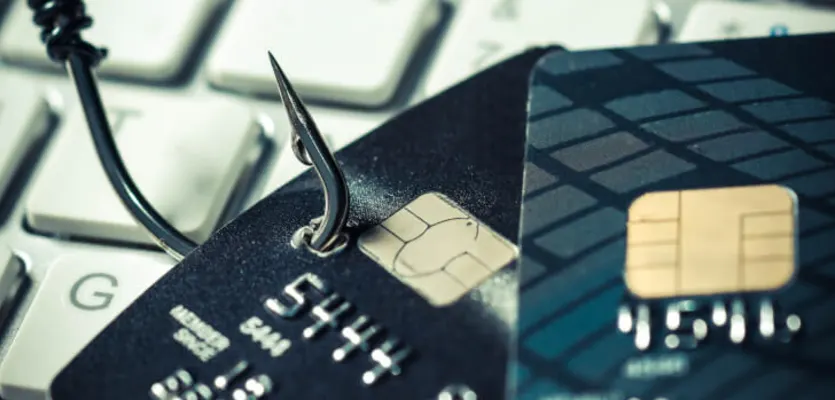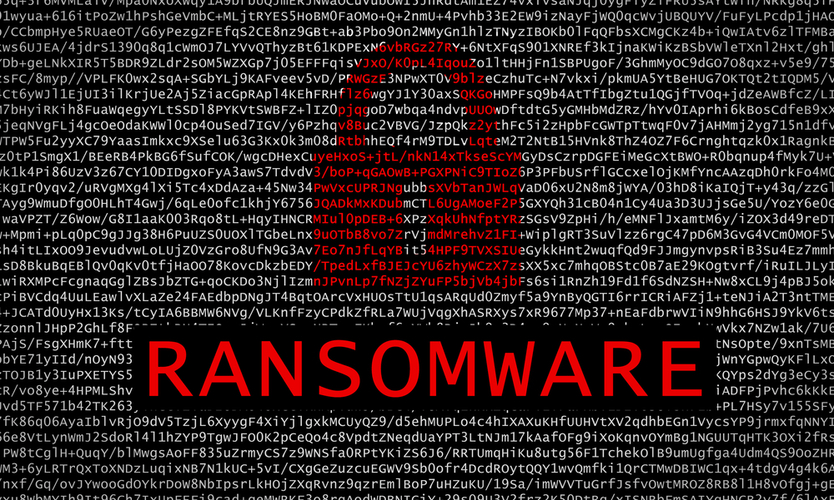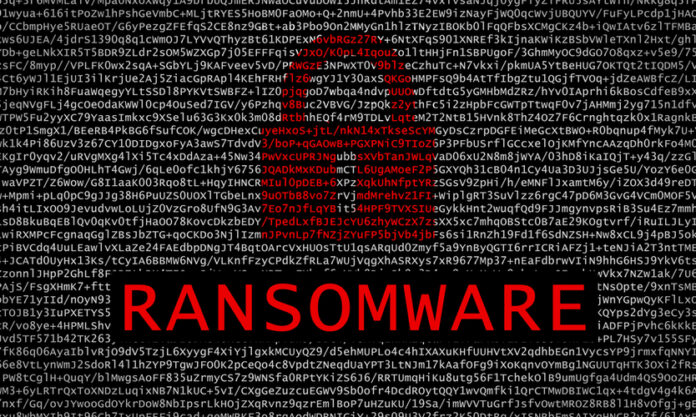Internet security certifications that can net a $100K+ salary
In the dynamic realm of cybersecurity, possessing pertinent certifications can be the key to unlocking lucrative career paths. Securing a six-figure salary in the internet security sector is not merely an aspiration; it is an attainable goal with strategic certification choices. This article delves into the certifications that can propel you towards a $100K or higher income and elucidates why these credentials are held in high esteem within the industry.
In the ever-changing landscape of digital threats and defenses, cybersecurity professionals armed with the right certifications are in high demand. These certifications act as a testament to your expertise and proficiency in safeguarding digital landscapes, making you a valuable asset to organizations. Choosing the right certifications is akin to strategically positioning yourself in the job market, ensuring that your skills align with the industry’s evolving needs.
By examining the certifications highly prized in the field, this article aims to guide aspiring cybersecurity professionals toward making informed choices that can significantly impact their earning potential. As the cybersecurity arena continues to evolve, staying abreast of the most sought-after certifications is not just a career strategy; it’s a financial investment in one’s professional future.
Certification #1: Certified Information Systems Security Professional (CISSP)
Begin your journey towards a high-paying security position with the CISSP certification. Acknowledged globally, CISSP demonstrates your expertise in designing, implementing and managing a robust cybersecurity program. Its broad coverage includes security and risk management, asset security and communication and network security. CISSP is often a prerequisite for leadership roles, making it an excellent investment for those aiming for top-tier positions.
Ensure your resume stands out by prominently featuring the CISSP certification. Employers often prioritize candidates with this certification due to its comprehensive coverage and rigorous examination process.
Certification #2: Certified Ethical Hacker (CEH)
Organizations are increasingly recognizing the importance of ethical hacking to…




